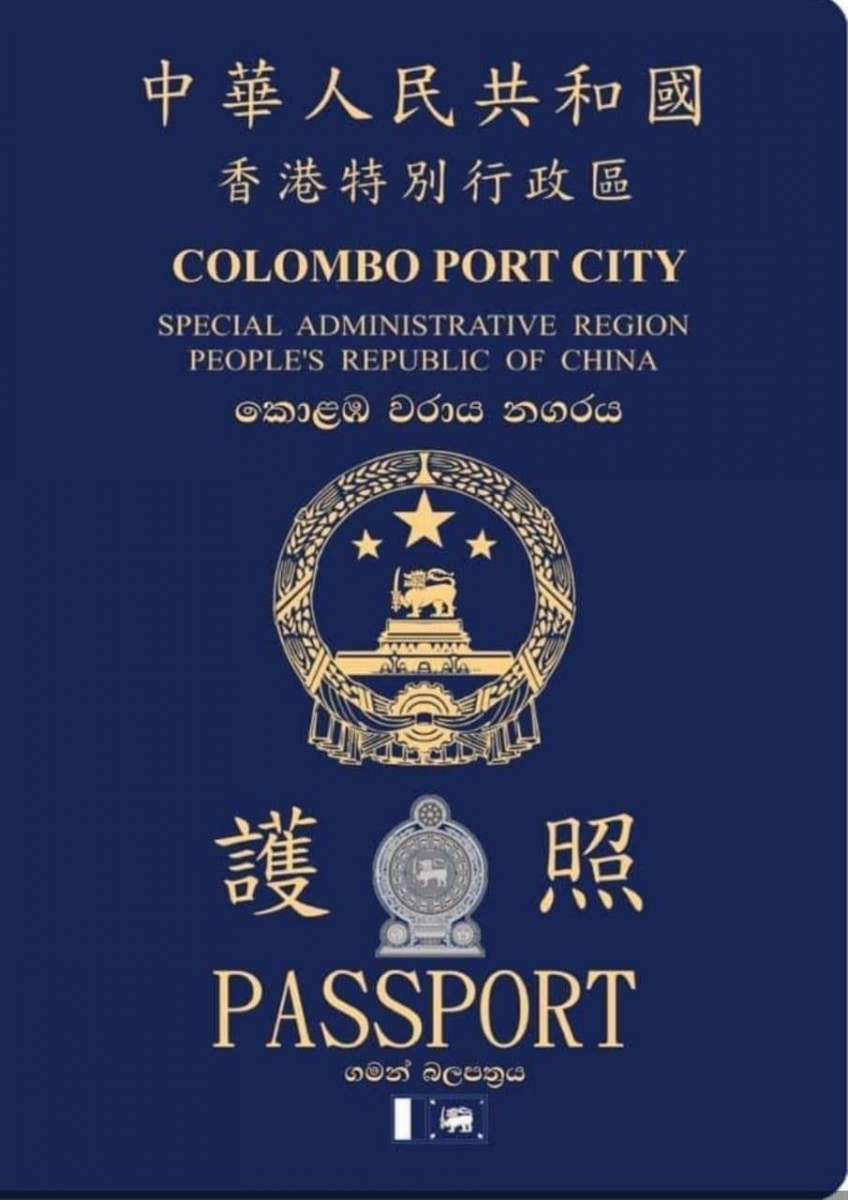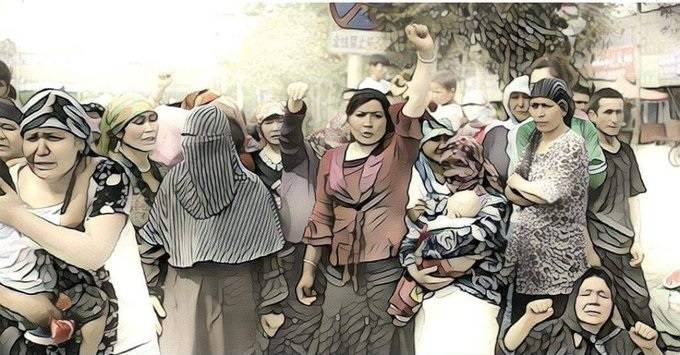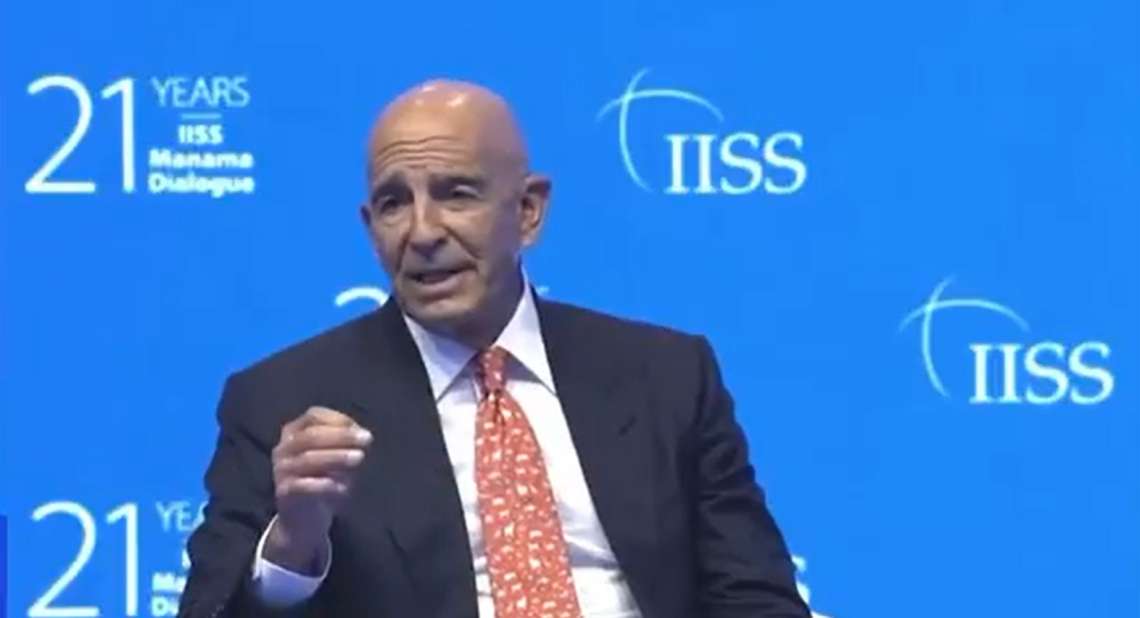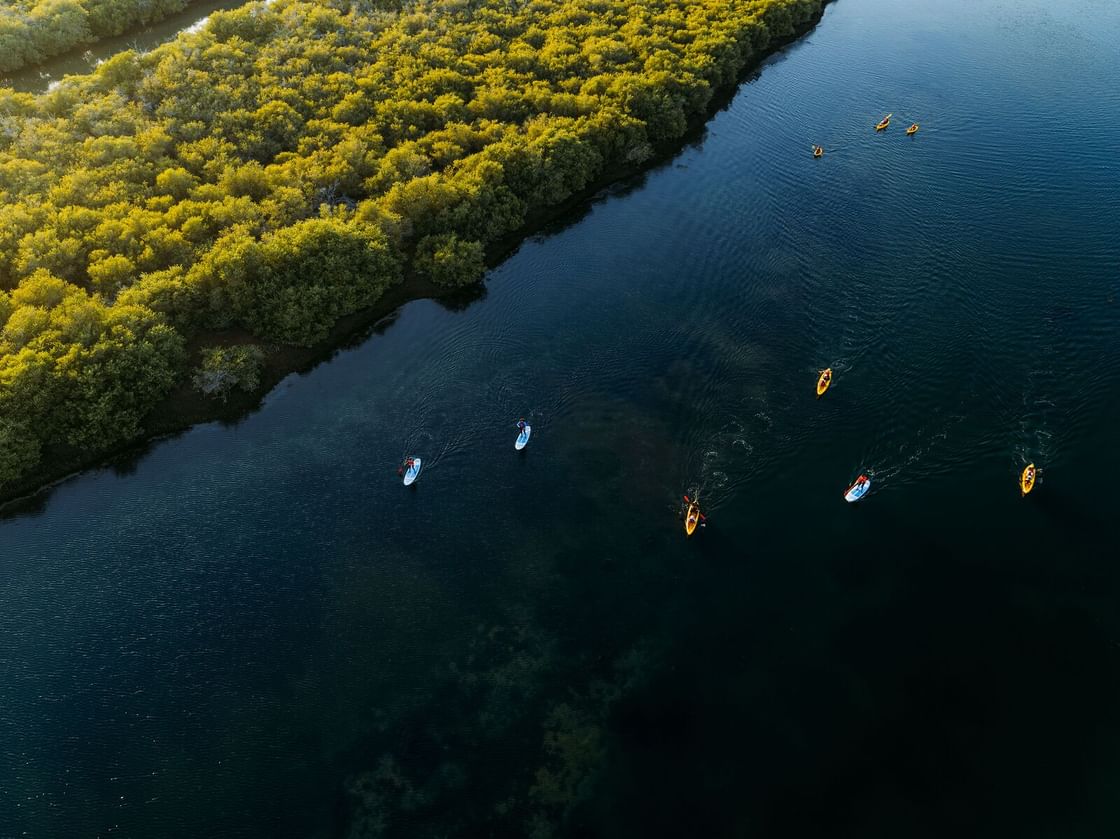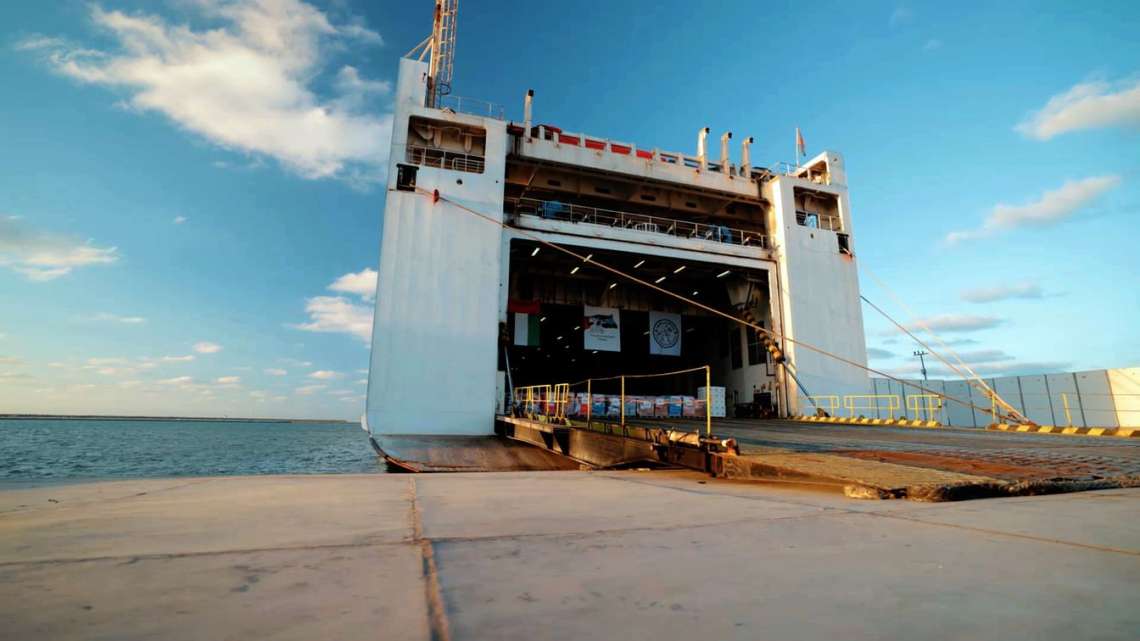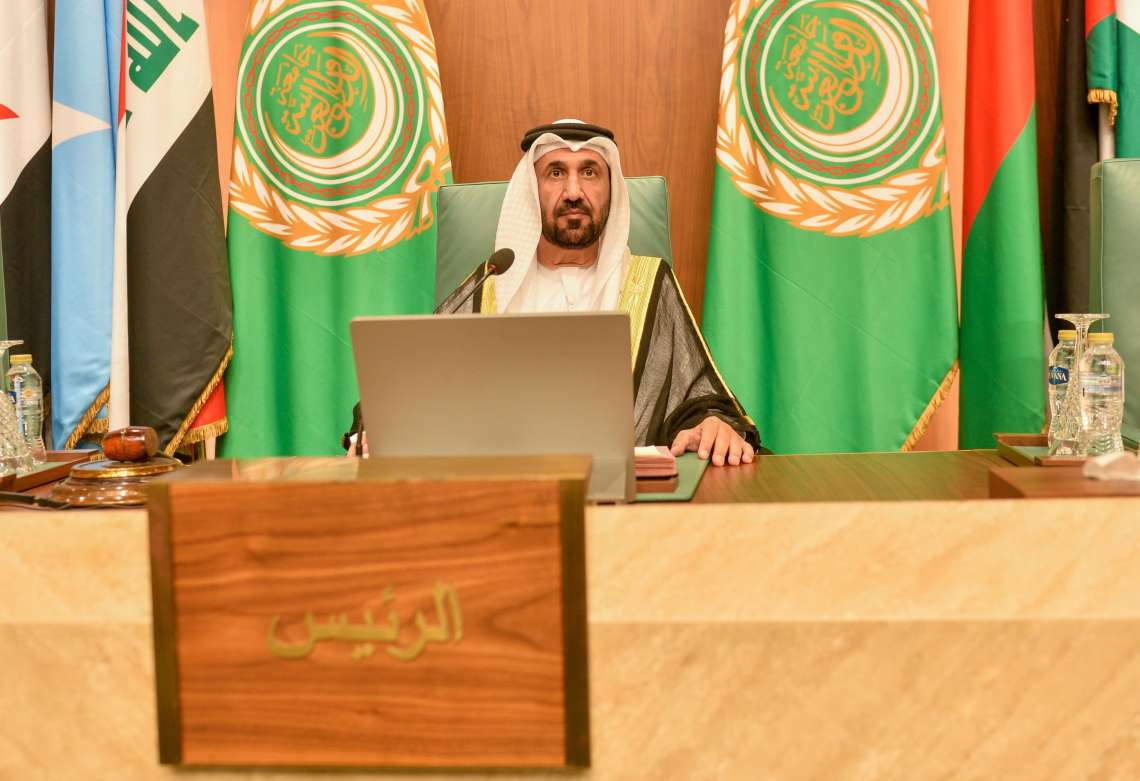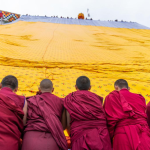Under the Port City Economic Commission Bill, businesses can operate in any recognized foreign currency, reports Asian Lite News
Silently China has done the impossible. In a deft move loaded with strategic importance Beijing has purchased 269 hectares of reclaimed land in what China calls will be used as a special economic zone (SEZ) for services-oriented industries.
The controversial Port City Economic Commission Bill was passed by the Lankan Parliament last week with 149 votes in favour and 58 against. Under the legislation, a President-appointed commission will be established to govern the SEZ.
The $1.4 billion-Colombo Port City, was launched in 2014 during the previous term of the Rajapaksa government, when Chinese President Xi Jinping visited the island nation. The mega infrastructure project is currently being built on land reclaimed alongside Colombo’s iconic sea front, while environmentalists, fisher folk and Opposition parties are against the move.
The passing of the bill is considered a major diplomatic and strategic concern for India, as China’s footprint increases in neighbouring countries such as Sri Lanka, Pakistan and Tibet.
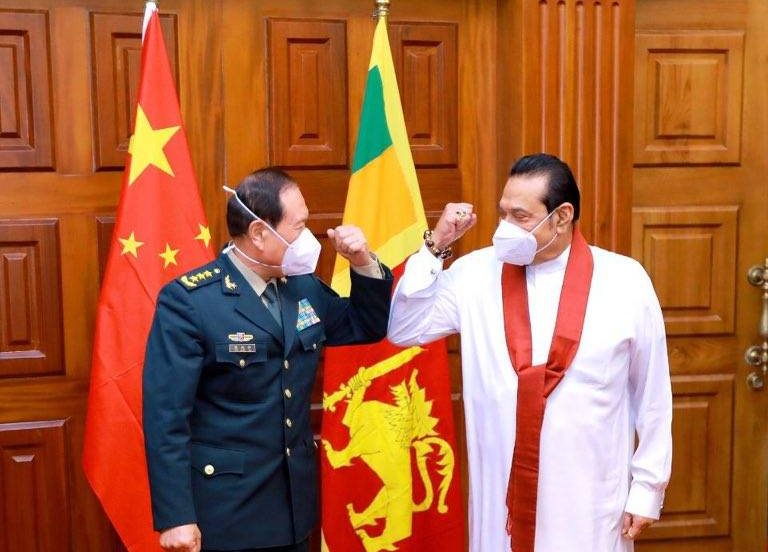
The bill will enable the businesses to operate in any recognized foreign currency within Port City. After the Port City bill was tabled in Parliament on April 8, 19 petitions were filed with the Supreme Court of Sri Lanka.
Prime Minister Mahinda Rajapaksa told the Parliament that the Port City project would create 200,000 jobs in the first five years, with the majority going to Sri Lankan nationals. He said that the Port City bill provides a competitive framework to attract investment.
Port City Colombo Director of Sales and Marketing Yamuna Jayaratne said that Sri Lanka already enjoys several advantages in the cost of doing business in comparison with established and mature services hubs such as Hong Kong and Dubai.
Lankans will need a passport to enter their own land
According to a report by seatrade-maritime.com, the area in which Sri Lanka is now rooted in Sri Lanka is just 290 km from Kanyakumari. China is also preparing a separate passport for Colombo Port City and Hambantota. However, the Sri Lankan government or media has so far not given any official information about the separate passport.
What are China’s intentions?
Whether it is East Africa or Pakistan, China has always been expanding by extending loans. He has a keen eye on Sri Lanka. Through this, it can pose new threats to India. He has already taken Hambantota on a 99-year lease. Colombo also holds a 99-year lease term with Port City. Sri Lanka will get entangled in the debt trap and will also be with Colombo Port City as it lost Hambantota. Last year, the BBC said in a report – Sri Lanka has borrowed billions of dollars from China to improve the infrastructure sector.
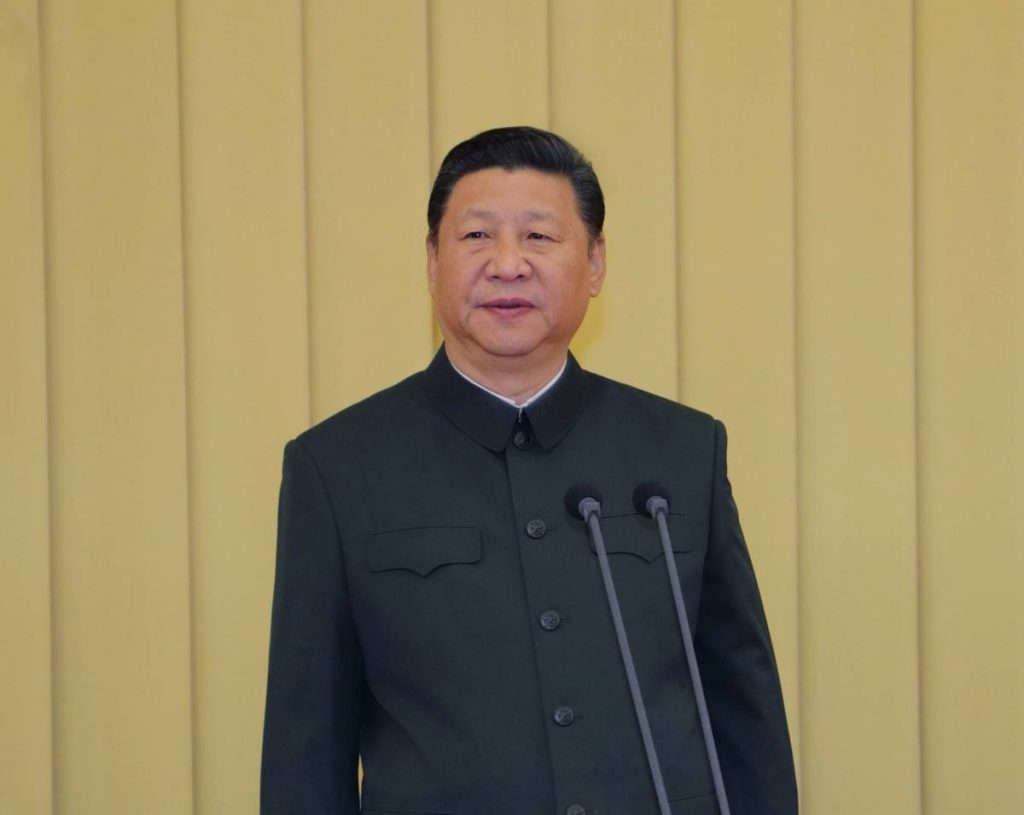
Lankan Oppostion’s argument
Legislators from Opposition parties including the Samagi Jana Balawegaya (SJB or United People’s Front) and the Janatha Vimukthi Peramuna (JVP) challenged its provisions that they said infringed upon the country’s sovereignty, gave the governing commission overarching powers, and immunity from Sri Lankan law, and threatened to create a “Chinese enclave”.
Some of the strongest attacks on the Bill, during the debate, came from Tamil MPs. Legislator and former Northern Province Chief Minister C.V. Wigneswaran on Wednesday asked the government if its stated policy of striving for ‘One Country, One Law’ meant “Chinese law”.
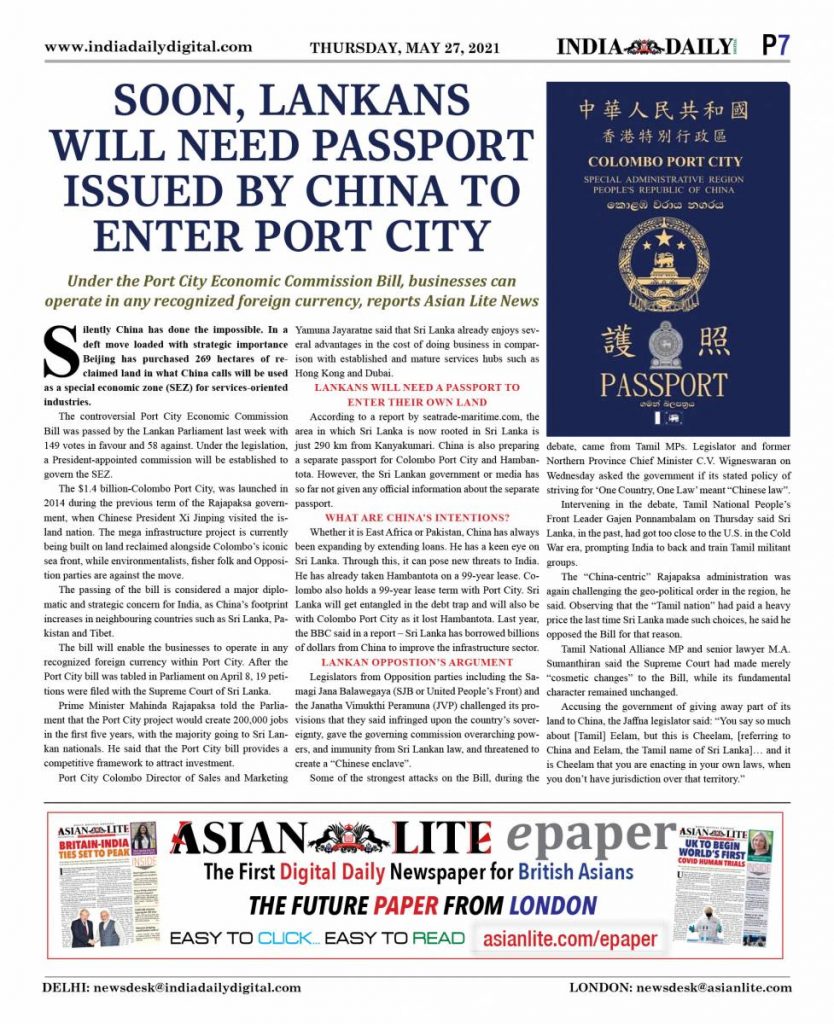
Intervening in the debate, Tamil National People’s Front Leader Gajen Ponnambalam on Thursday said Sri Lanka, in the past, had got too close to the U.S. in the Cold War era, prompting India to back and train Tamil militant groups. The “China-centric” Rajapaksa administration was again challenging the geo-political order in the region, he said. Observing that the “Tamil nation” had paid a heavy price the last time Sri Lanka made such choices, he said he opposed the Bill for that reason.
Tamil National Alliance MP and senior lawyer M.A. Sumanthiran said the Supreme Court had made merely “cosmetic changes” to the Bill, while its fundamental character remained unchanged. Accusing the government of giving away part of its land to China, the Jaffna legislator said: “You say so much about [Tamil] Eelam, but this is Cheelam, [referring to China and Eelam, the Tamil name of Sri Lanka]… and it is Cheelam that you are enacting in your own laws, when you don’t have jurisdiction over that territory.”
ALSO READ: Sri Lanka bans travellers from India

